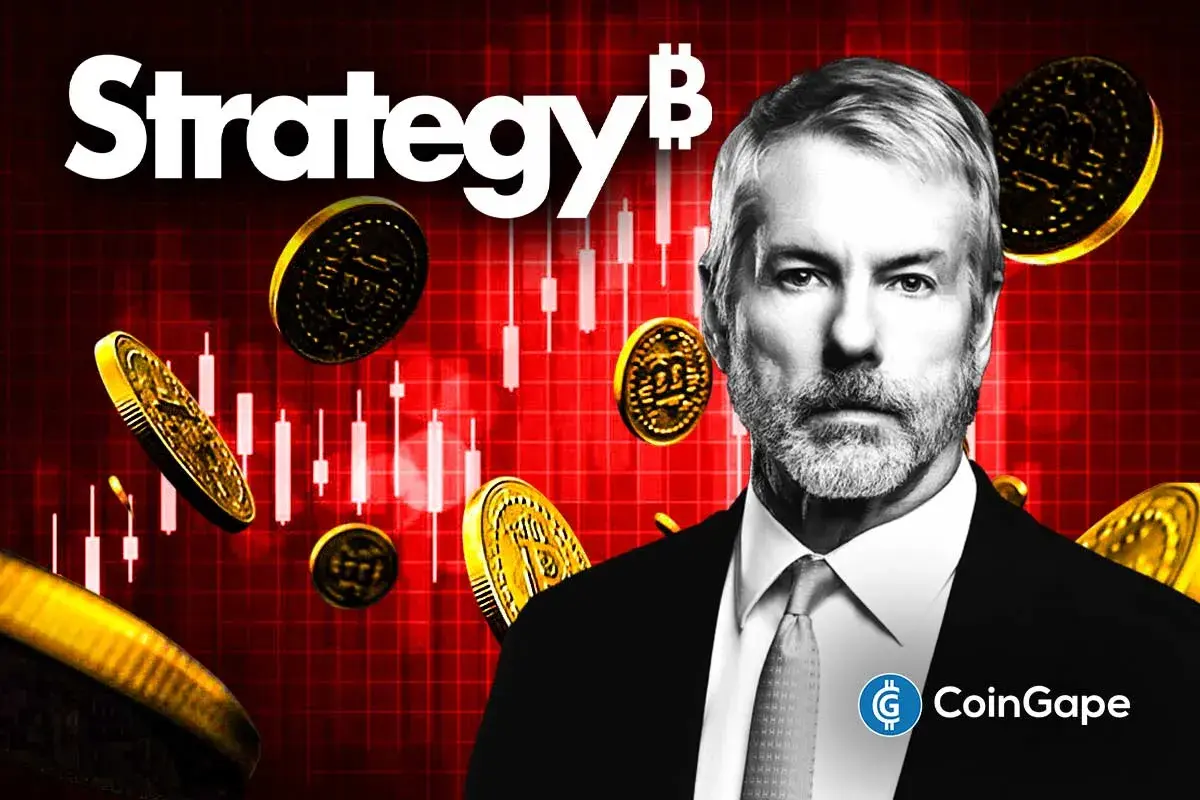Bitcoin ETF Debut Month Clocks Record Trading Volume

Highlights
- Bitcoin ETF launch has now been termed "successful" as the trading has now surpassed multiple records.
- After around 21 trading days, the funds have received net inflows of nearly $2.8 billion
- The launch of BTC ETFs indicated that there is still a need for traditional investment vehicles to provide exposure to BTC.
Bitcoin ETF approval stood as a landmark decision for the digital asset world. Since its debut, Bitcoin ETFs have garnered a lot of attention and have seen inflows stabilize slowly. According to a Bloomberg report, the ETF launch has now been termed “successful” as the trading has now surpassed multiple records.
Bitcoin ETF was deemed successful with the inaugural month
According to Bloomberg, both ETF insiders and cryptocurrency supporters agree that a month after their launch, Bitcoin ETFs are demonstrating unquestionable success on important trading metrics. The report adds that after around 21 trading days, the funds have received net inflows of nearly $2.8 billion, according to data gathered by Bloomberg Intelligence. That includes the $6.4 billion that investors withdrew from the Grayscale Bitcoin Trust (ticker GBTC) following its transformation from an exchange-traded fund to a trust. BI experts claim that BTC ETF investor inflows and volume are among the highest ever.
Blackrock and Fidelity ETFs emerge as top gainers
Among all the newly launched Bitcoin ETFs, Blackrock and Fidelity have seen greater success. Blackrock’s IBIT has even ranked among the top five ETFs overall with high year-to-date flows. In an X post, Bloomberg analyst Eric Balchunas previously stated his optimism over BlackRock’s Bitcoin ETF. Balchunas stated in the post that BlackRock’s IBIT has received more money than 99.98% of ETFs. Second place among the overall Bitcoin exchange-traded funds went to Fidelity’s FBTC, which has a net asset value of $2.66 billion.
Bitcoin ETFs poised to bridge digital currencies to regulated institutions
The launch of BTC ETFs indicated that there is still a need for traditional investment vehicles to provide exposure to BTC. The markets’ recognition of digital assets as a feasible asset class reflects the crypto ecosystem’s increasing maturity. Investing in a Bitcoin ETF grants control over the cryptocurrency’s price. Purchasing ETFs does not need signing up for a cryptocurrency exchange or taking on the risks involved in direct BTC ownership. For example, investors keep their Bitcoins in wallets; if they lose the wallet password, they will never get their money back. With Bitcoin ETFs, however, this is not an issue because they are traded on regulated platforms.
Play 10,000+ Casino Games at BC Game with Ease
- Instant Deposits And Withdrawals
- Crypto Casino And Sports Betting
- Exclusive Bonuses And Rewards

- Nasdaq Brings Prediction Markets to Wall Street with New SEC Filing
- Is the Bitcoin Price Correction Really Over or Is This a Bear Market Trap?
- ‘Gambling Is Not Investing’: New Group Pushes Crackdown on Prediction Markets
- XRP News: Ripple Prime to Move Post-Trade Activity to XRPL via NSCC Link
- Fed Rate Cut at Risk: Janet Yellen Flags Inflation Concerns Amid US-Iran War
- Top 5 Historical Reasons Dogecoin Price Is Not Rising
- Pi Coin Price Prediction for March 2026 Amid Network Upgrade, KYC Boost, Rewards Distribution
- Gold Price Nears ATH; Silver Eyes $100 Breakout on Us- Iran War
- Bitcoin And XRP Price As US Kills Iran Supreme Leader- Is A Crypto Crash Ahead?
- Gold Price Prediction 2026: Analysts Expect Gold to Reach $6,300 This Year
- Circle (CRCL) Stock Price Prediction as Today is the CLARITY Act Deadline

 Buy $GGs
Buy $GGs

















